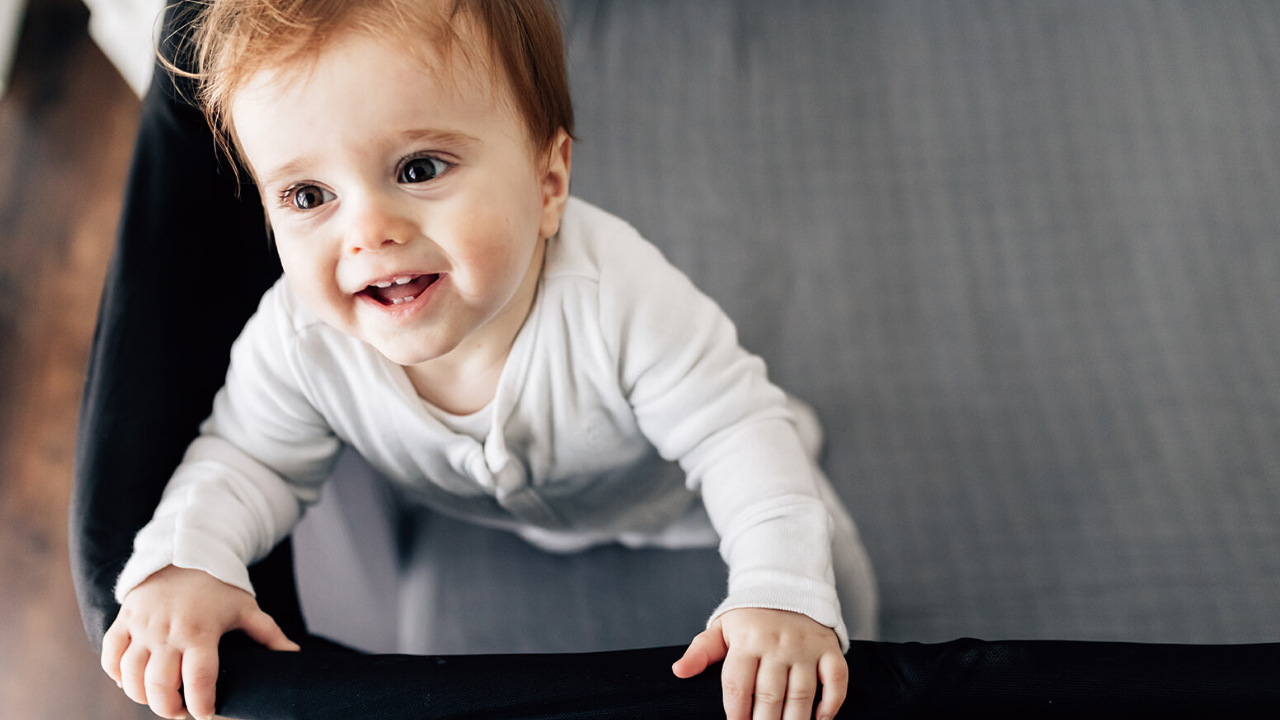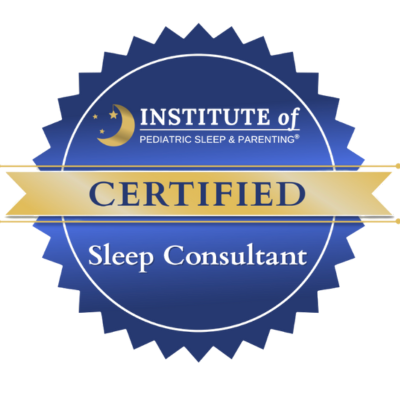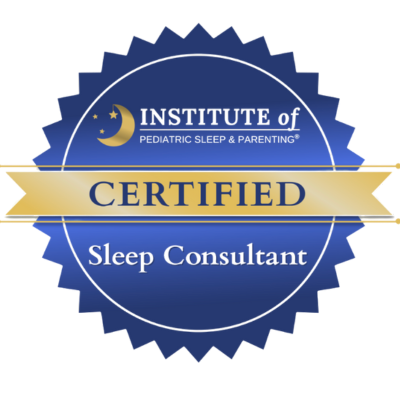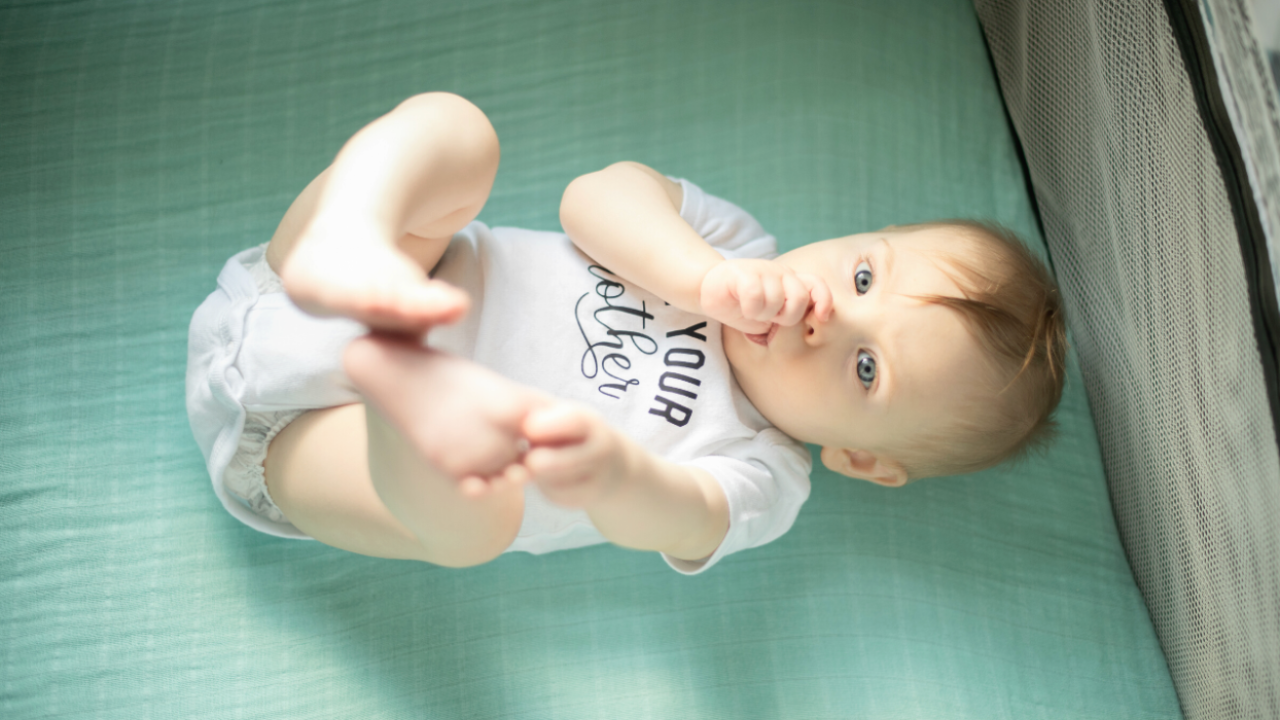The truth about teething and its impact on your baby’s sleep

It wasn’t planned this way, but as timing has it, I am currently writing this blog post just as we have gone through our 15-month-old daughter cutting 3 teeth all at once over the course of one week! And guess what…we didn’t have one sleepless night. I’m not saying this to brag, I’m saying it because it disproves the belief that I had with our first baby!
When we had our first baby, if we had a bit of a rough patch, or anything happened that didn’t seem ‘normal’ I would blame teething.
Extra clingy…teething
Grizzly in the afternoon…teething
Fussy eating…teething
Woke early from a nap…teething
Grumpy baby...teething
I’m a bit embarrassed to admit that we used far more Pamol (similar to Tylenol), natural teething powders and teething gels than we should have. We also constantly had teething rings in the freezer. The reality was that because my baby couldn’t yet talk to me to tell me what was wrong, I always blamed teething. It was only through talking to other mothers in my antenatal group and through other mother groups that I found out I was not alone! Turns out it is an easy culprit to blame things on when we can’t explain why things are happening. In a funny way, it’s almost satisfying to be able to blame something when we can’t explain the unexplainable.
The truth about teething
The truth is that so often, when sleep issues are resolved, often “teething symptoms” miraculously disappear! Studies show that discomfort from teething is not present in all babies. If however it does bother them, it commonly only occurs 4 days before the tooth erupts and up to 3 days after the tooth has cut through. It is not weeks (or months!) like parents usually claim.
Many babies cut their teeth without any disruptions as all (Exhibit A…the week we have just experienced). How many times have you found a new tooth that has just popped through and you thought “Oh, where did that come from?!”
That’s not to say that babies are not impacted from teething as of course some are affected more than others. It is however not always the culprit like we think it is and the actual pain from the teeth coming through is much shorter lived than what may seem months at a time.
When do babies start teething?
As advised by the American Dental Association, most commonly the first teeth start coming from around 6 months of age until up to 33 months of age. Of course there are babies as young as 3 months old that are known to start teething, however most babies won’t get any teeth until around 6 months.

What are the signs and symptoms that your baby is teething?
- Tender and swollen gums. You can look in their mouth and you can usually see the little white tooth beneath their gums.
- Fussiness and crying. You baby can seem really irritable
- A slightly raised temperature (less than 101°F or 38°C)
- Putting toys, or fingers in their mouth to provide relief
- This one can sometimes be difficult to tell if it is attributed to teething itself because many babies drool A LOT when they are not teething
What are NOT signs of teething?
- Fever over 101°F or 38°C
- Cough
- Diarrhoea –although your baby MAY have slightly looser bowels, you need to monitor carefully that you don’t mistake true diarrhoea if you need to check with your doctor
- Vomiting
- They are congested, or have a cold
Please note that teething does not make your baby sick. If your baby is showing signs of sickness, you need to take your baby to your doctor for a check-up.
Most common misconceptions that parents blame teething for:
- Fever
- Diarrhoea
- Drooling (babies can start drooling from around 3 months of age)
- Putting objects in their mouth. Yes, this CAN be a sign of teething however it is the most common way that babies are exploring their new world. They try to put EVERYTHING in their mouth!
- Loss of appetite (usually only 1-2 days)
What can you do for your baby to help relieve teething:
- Chewing toys to help relieve their gums can really provide relief for your little one
- Dipping a washcloth (just the end section) into water and then putting it in the freezer for 30 minutes to make it cool (NOT frozen). Also to ensure that you have a good part of the washcloth not wet so your baby can hold onto the dry section easily.
- Putting a little bit of pressure on your baby’s swollen gums (make sure you wash your hands just before you do this)
- Pain relief: Please talk with your pediatrician based on your baby’s age and symptoms for recommendation of any pain relief they may prescribe.
- Do NOT recommend amber bead necklaces…they can cause choking and strangulation!
So, what is the good news?
Teething is not the main contributor to sleep problems! Yahooooooo!
Most importantly, many parents have the misconception of certain sickness symptoms being attributed to teething. This is simply not the case. We had wanted to emphasize the fact that if your baby has a fever or diarrhoea, please seek medical advice.













